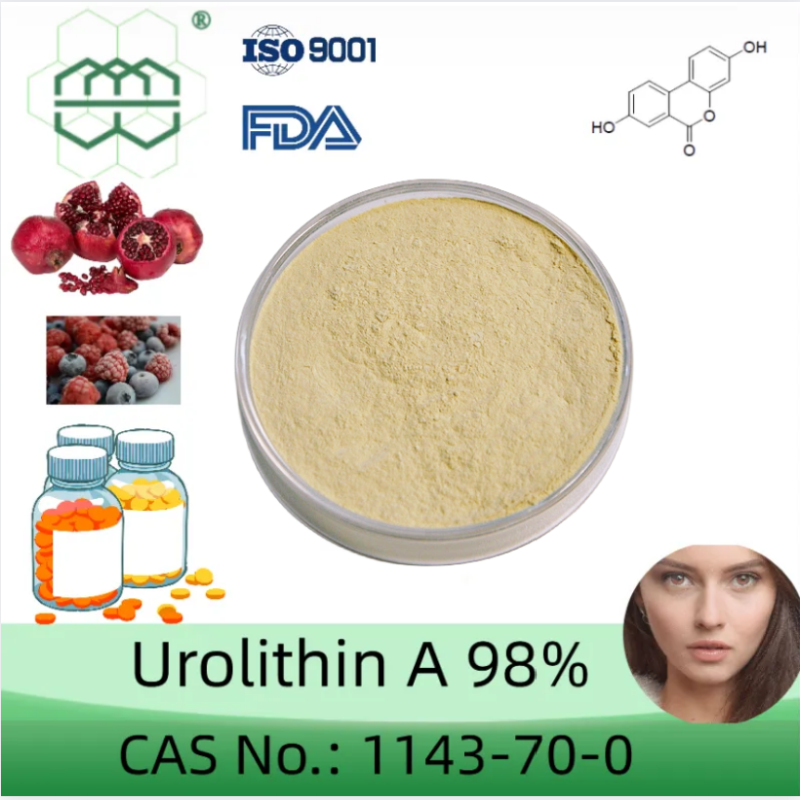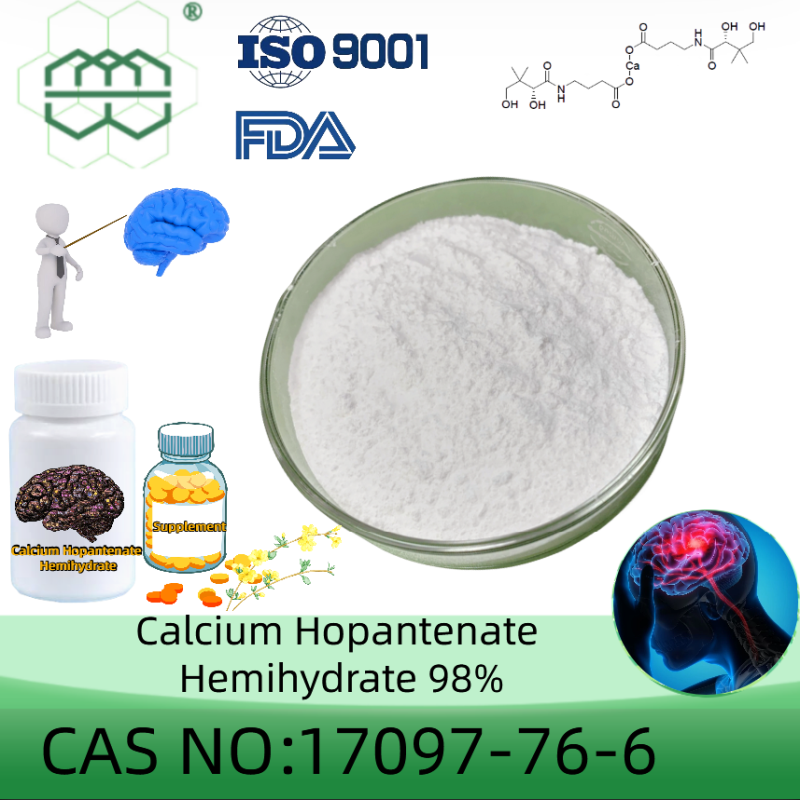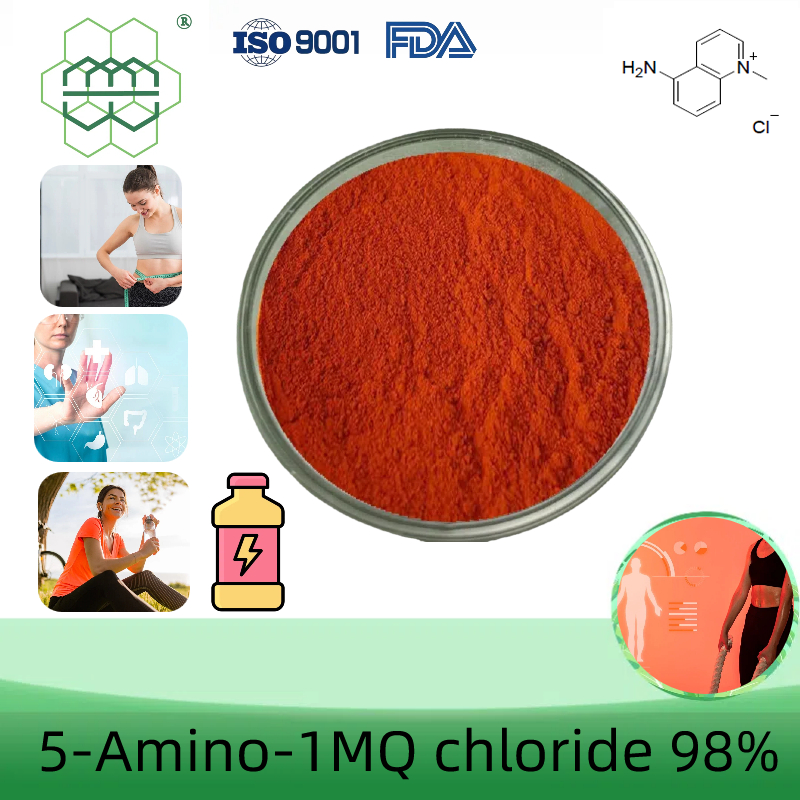-
Categories
-
Pharmaceutical Intermediates
-
Active Pharmaceutical Ingredients
-
Food Additives
- Industrial Coatings
- Agrochemicals
- Dyes and Pigments
- Surfactant
- Flavors and Fragrances
- Chemical Reagents
- Catalyst and Auxiliary
- Natural Products
- Inorganic Chemistry
-
Organic Chemistry
-
Biochemical Engineering
- Analytical Chemistry
-
Cosmetic Ingredient
- Water Treatment Chemical
-
Pharmaceutical Intermediates
Promotion
ECHEMI Mall
Wholesale
Weekly Price
Exhibition
News
-
Trade Service
Recently, public opinion on food additives has soared
.
From market supervision departments to industry experts, from related enterprises to various media, they all began to talk about cases and topics
about food additives.
Remember that the last time food additives received national attention was about more than a decade ago, when the food industry had a textbook negative case - the melamine incident
.
In those years, the crackdown on illegal additions became a hot spot
for promoting food safety.
With the deepening of the country's rectification of problem foods, the steady improvement of the food safety situation and the advancement of food industry science and technology, food consumption has begun to upgrade from "eating safely" to "eating healthy"
.
This time food additives have re-attracted the public's attention, related to the concept of "zero addition", and the immediate statements of various departments have once again deepened consumers' correct understanding of food additives: the regulatory authorities have spoken out and said that they should scientifically understand food additives; Experts speak out, saying that "zero addition" in processed foods does not equal safer and healthier; The media spoke out that it is safe
to use food additives legally and compliantly.
The theme of these voices is no longer that illegal addition is dangerous, but that it is safe to use food additives legally and compliantly, and the attitude towards food additives has also changed from cracking down on violations to correct guidance
.
The interpretation of food additives in the new era clearly tells people that food additives are a product that is allowed to be used at home and abroad, and it is illegal to use beyond the scope and abuse in excess of the amount
.
Food additives refer to synthetic or natural substances
added to food for the purpose of improving food quality and color, aroma, taste and for the needs of preservative, preservation and processing technology.
Food additives can be manufactured by chemical synthesis, biological fermentation or natural extraction
.
The number of food additives approved worldwide is about 15,000, and there are more than 2,300 kinds of food additives approved for use in China, divided into 22 categories according to function, common antioxidants, leavening agents, colorants, preservatives, sweeteners, food spices, etc
.
The history of human use of food additives is as old as
the history of human civilization.
The history of the use of food additives in China can be traced back to the Dawenkou culture period 6,000 years ago, when the invertase (sucrase) in the yeast for winemaking was a food additive and belonged to food enzyme preparations; More than 2,000 years ago, tofu began to be ordered with "brine", which is a food additive and belongs to food coagulants
.
At that time, the focus on food additives was to pay attention to the way they were used, which triggered the public's attention to food safety; The current focus on food additives is to pay attention to the essence of the product; In the future, food additives will be upgraded from compliant use to scientific use, thereby further improving food quality, which is also an opportunity
for China's food industry to further modernize.
(Xiaoli)
China Food News(November 14, 2022, Version 06)
(Responsible editor: Yang Xiaojing)







